No products in the cart.
A line tester, often referred to as a voltage tester or a circuit tester, is a handheld tool used to determine the presence or absence of electrical voltage in an electrical circuit or wiring. It helps electricians, technicians, and DIY enthusiasts identify live (energized) wires, troubleshoot electrical problems, and ensure electrical safety.
Key Features:
- Voltage Detection: Line testers are designed to detect the presence of electrical voltage in wires or circuits. They can determine if a wire is live (carrying electrical current) or not.
- Indicator: Line testers typically have a visual and/or audible indicator that signals the presence of voltage. Visual indicators are often in the form of LED lights that illuminate when voltage is detected. Some models also emit an audible sound or beep.
- Probe or Tip: Line testers feature a probe or tip that is placed in direct contact with the wire or component being tested. The probe should be inserted carefully to make a secure and reliable connection.
- Voltage Range: Line testers are available in various voltage ranges, and it’s important to select a tester suitable for the voltage level you are working with. Common voltage ranges include low voltage (e.g., 12-24V) and standard voltage (e.g., 90-600V).
- Safety Features: High-quality line testers have safety features, such as overload protection and built-in resistors to prevent electrical shocks. Some models are designed to withstand accidental exposure to higher voltages.
- Non-Contact Voltage Testers: Some line testers are non-contact models, which means they can detect voltage without making direct contact with the wire or component. They are held close to the wire or surface, and they indicate the presence of voltage through a visual or audible signal.
- Polarity Detection: Certain line testers can also identify the polarity of the voltage source, indicating if it’s positive or negative.
- Compact and Portable: Line testers are usually compact and portable, making them easy to carry in a toolbox or pocket.
- Applications: Line testers are used for a wide range of applications, including checking electrical outlets, wiring, switches, circuit breakers, and lighting fixtures. They are also useful for diagnosing electrical problems and troubleshooting circuits.
- Multi-Function Testers: Some advanced models may include additional functions, such as resistance measurement, continuity testing, or even the ability to trace wires within walls.
- Size: 140mm
Based on 0 reviews
Only logged in customers who have purchased this product may leave a review.
Vendor Information
- Store Name: SMT
- Vendor: SMT
- No ratings found yet!




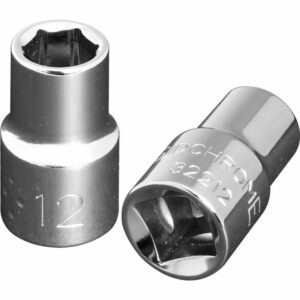

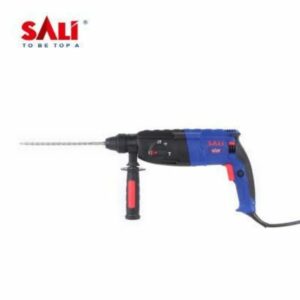
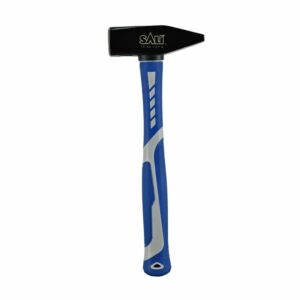
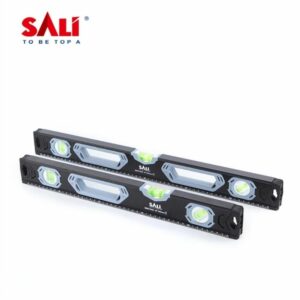
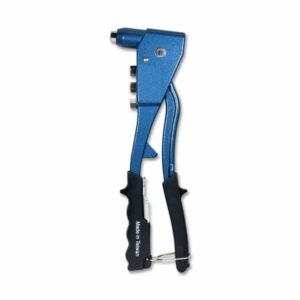
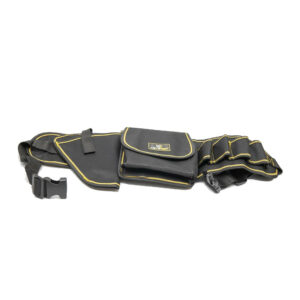
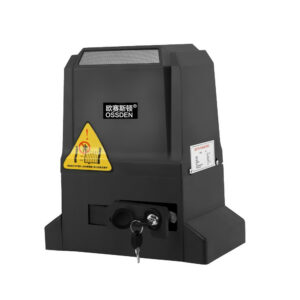
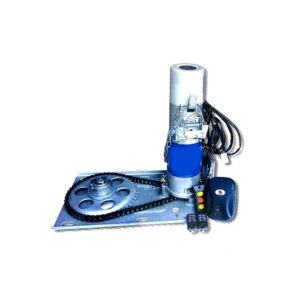
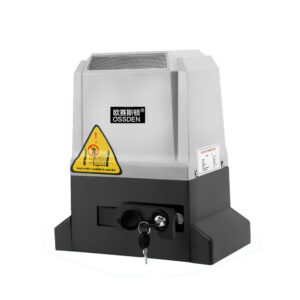
There are no reviews yet.